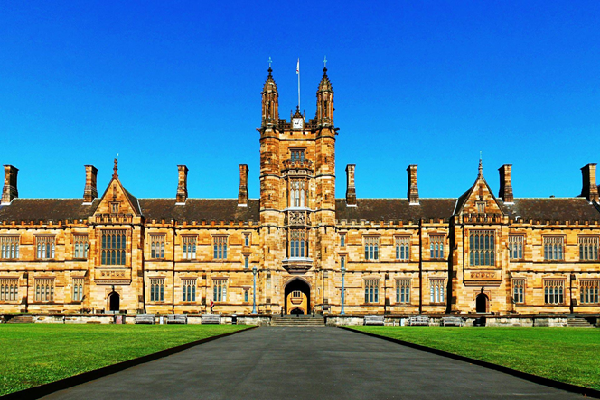University of Sydney: Free cannabis testing for ACT home-growers
A study will examine home-grown cannabis in the Australian Capital Territory for medicinal and non/medicinal purposes. The goal is to investigate cannabis consumption, behaviours and attitudes among users.
Residents in the Canberra region will be able to anonymously submit their home-grown cannabis for testing as part of a University of Sydney study to examine the outcomes of laws that decriminalised cannabis in the Australian Capital Territory in 2020.
The university’s Lambert Initiative for Cannabinoid Therapeutics is launching its flagship CAN-ACT study of ACT residents who grow, possess, and use small quantities of cannabis for both medicinal and non-medicinal purposes. Growing cannabis at home is currently prohibited in all other Australian states and territories.
The first element of the study is an anonymous online survey to investigate cannabis use, behaviours and attitudes among ACT residents, followed by an invitation to anonymously submit home-grown cannabis for testing.
The cannabis collected from growers’ homes will be analysed for cannabis content, including its main psychoactive components – tetrahydrocannabinol (THC) and non-intoxicating cannabidiol (CBD) – as well as a range of other cannabinoids and biologically active molecules, free of charge. Participants will be able to view, anonymously, the analysis results from their cannabis samples online.
The researchers will also test for harmful contaminants that can be introduced during the cultivation process, including fungi-produced toxins, heavy metals, and pesticides. The study is only open to current residents of the ACT.
“Growers who are achieving profound therapeutic effects with cannabis are naturally curious about what their cannabis contains. The CAN-ACT study was inspired by an ACT resident who was growing cannabis to help treat his wife’s advanced cancer,” said lead researcher Professor Iain McGregor, Director of the Lambert Initiative for Cannabinoid Therapeutics.
‘Patrick’, a 70-year-old Canberra resident whose late wife had a terminal brain tumour and used home-grown cannabis during her final 18 months, said it gave her a quality of life that could not be obtained using pharmaceuticals.
“The standard ‘end of life’ drug package made my wife comatose. This never happened with cannabis,” said Patrick, a retired New Zealander.
“We had no prior cannabis experience, we had to work out what dosage to take and how often,” he added. “The biggest difficulties arose when we could not figure out if a symptom was the result of the tumour, the pharmaceuticals, or the cannabis. This is where I believe ‘user testing’ can improve our knowledge.”
While residents of the ACT have been able to use the CanTEST Health and Drug Checking Service to test illicit drugs (such as pills, capsules, powders, crystals, and liquids) as part of a six-month pilot by the ACT Government, cannabis was excluded.
The researchers hope their results will yield insights that can make home-grown cannabis use safer – such as how to reduce harmful contaminants that may have unintentionally entered the cultivation process, or whether (or when) to drive after consuming cannabis.
Results of the CAN-ACT study – which is expected to be completed in early 2023 – could well become a litmus test for the legalisation of cannabis in other states and territories in Australia.
The CAN-ACT study is being funded by the Lambert Initiative for Cannabinoid Therapeutics, University of Sydney.

